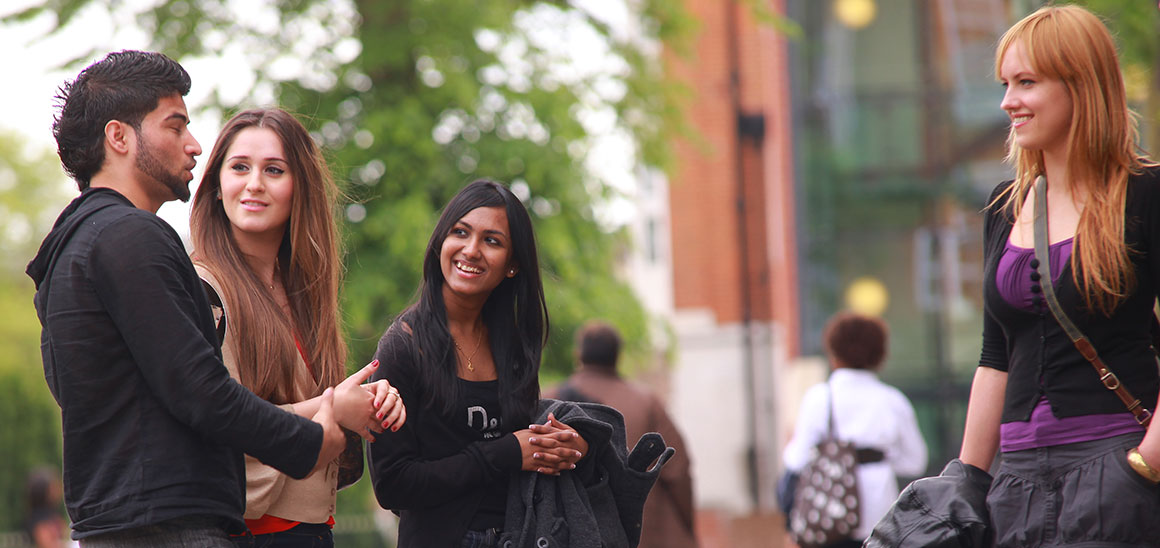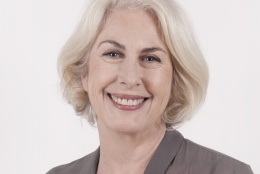Why Student Counselling Can't Make Everything All Right
Jul 25, 2016


Louise Chunn undefined
Jan 24, 2025 42
Changes in parenting styles, exam-obsessed secondary schools and an apparent fixation with individual perfection has left thousands of university students struggling to enjoy their experience of university life says Alan Percy, the incoming chair of the Heads of University Counselling Services.
Where once students muddled through their first experience of independent living and learning, these days large numbers are lining up at over-subscribed university counselling services. Earlier this month The Times reported that the Russell Group universities have experienced a big rise in students seeking counselling, up two-thirds over the past five years. Brian Dow of Rethink Mental Illness said "universities have put more provision in place but as demand increases universities are going to have to invest more in mental health because a long waiting list is good for no-one."
Alan Percy, however, counsels caution: "We're doing young people a disservice if we say all their problems are due to mental health. That just gives them false hope that they'll find a medicalised answer to all life problems. A better way would to see them as feeling overwhelmed by life challenges, the difficulties in transition to independent adulthood. Most students need help in managing these challenges and the internal skills to cope rather than endless 'support'."
He quotes psychoanalyst and paediatrician DW Winnicott on the transition from adolescence to adulthood. "Winnicott said true independence doesn't arrive until the young adult has let go of the idea of the omnipotent parent who is always available to solve all their problems.
Students often pathologise completely ordinary situations such as heartbreak, friendship problems, and academic struggles then look for people to pick up the pieces
"Life is about realising that we have to cope with uncertainty and that we each have to learn to find our own way and develop the internal skills to cope with difficulties. Snow-plough parents who solve all the problems in their children's lives mean they'll always expect to turn to a parental figure to solve their problems for them. Students often pathologise completely ordinary situations such as heartbreak, friendship problems, and academic struggles then look for people to pick up the pieces."
The target culture of exam results, says Percy, are also part of the problem, undermining real learning, which involves not knowing, confusion, getting things wrong and being creative. Students arrive at university unused to struggling with uncertainty or failing in their work and life. "If you think you have to get everything right first time it creates anxiety," he explains.
Good mental health, Percy believes, can be likened to having a balanced committee in your head. Instead he sees young people whose minds "are run by an internal perfectionist bully who doesn't allow compromise or for people to get help from others. They need to learn self-compassion, adaptive thinking and then to fight the internal perfectionist bully, to develop their own resource and not wait to be rescued."
In The Guardian in 2014 Percy wrote that evidence from university counselling services across the UK demonstrated that they are highly clinically effective, with rates of significant and reliable improvement at 75% or above for service users. "After using their universities counselling service, the majority of students report they are less likely to withdraw from their course, feel better able to study and feel better equipped to seek future employment," adding that over 90% of students who used the services gave it a positive rating.
Percy is eager not to minimise severe mental health issues experienced by students, and agrees that being a young person today can be difficult. "But I question the motives of some of the organisations that are talking about an epidemic of students with mental health conditions. Reports that "80% of students have 'mental health problems'" are giving a false picture, as what do 'mental health problems' actually mean if they are purely subjective. If we said the same percentage of students had 'physical health problems' this could include headaches, colds and verrucas. We need to see a continuum of mental health not as an either/or condition of either being happy or ill."

Louise Chunn undefined
